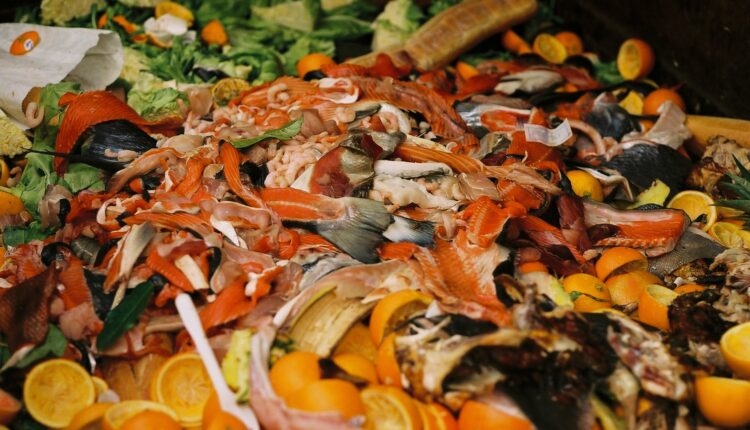Sustainable food cold chains reduce waste, fight climate change
The report by the United Nations Environment Program (UNEP) and the Food and Agriculture Organization (FAO) was presented at the COP27 climate change conference.
Increased investment in sustainable food cold chains is needed to reduce hunger. Provide livelihoods for communities and adapt to climate change, two UN agencies said in a report released.
These systems are critical to maintaining the quality, nutritional value and safety of food. Especially since an estimated 14% of all food produced for human consumption is lost before it reaches consumers. More investment is also required if the world is to rise to the challenge of feeding an additional two billion people by mid-century.
Multiple crises, big difference
The report by the United Nations Environment Program (UNEP) and the Food and Agriculture Organization (FAO) was presented at the COP27 climate change conference.
“At a time when the international community must act to address the climate and food crises. Sustainable food cold chains can make a world of difference,” said Inger Andersen, UNEP Executive Director.
“They allow us to reduce food loss, improve food security, lower greenhouse gas emissions. Create jobs, reduce poverty and build resilience, all in one fell swoop.”
Hunger on the rise
Food waste is occurring as the number of hungry people around the world has risen to 828 million in 2021, or 46 million more than the previous year.
In 2020, almost 3.1 billion people could not afford a healthy diet. 112 million more than in 2019. As the impacts of the COVID-19 pandemic increased inflation. This year, the war in Ukraine has threatened world food security.
The report argues that developing countries could save a staggering 144 million tons of food a year. If they achieved the same level of food cold chain infrastructure as wealthier nations.
Impacts on climate change
The food cold chain has serious implications for climate change and the environment. Emissions from food loss and waste due to lack of refrigeration totalled about one gigatonne of carbon dioxide equivalent in 2017. Or about two per cent of total global greenhouse gas emissions.
Food loss also increases the unnecessary conversion of land for agricultural purposes, as well as the use of water, fossil fuels, and energy.
Reducing food loss and waste could have a positive impact on climate change, according to the report. But only if new infrastructure is designed to use gases with low global warming potential.
Also Read: Meet Toshan Kumar, known practitioner of mushroom cultivation
Contact us: If farmers want to share information or experiences related to farming with us. Then they can do this by calling us on the phone number 9599273766 or by writing an email to [email protected] or by sending your recording. Through Kisan of India, we will convey your message to the people, because we believe that if the farmers are advanced then the country is happy.
You can connect with Kisan of India on Facebook, Twitter, and Whatsapp and Subscribe to our YouTube channel.



